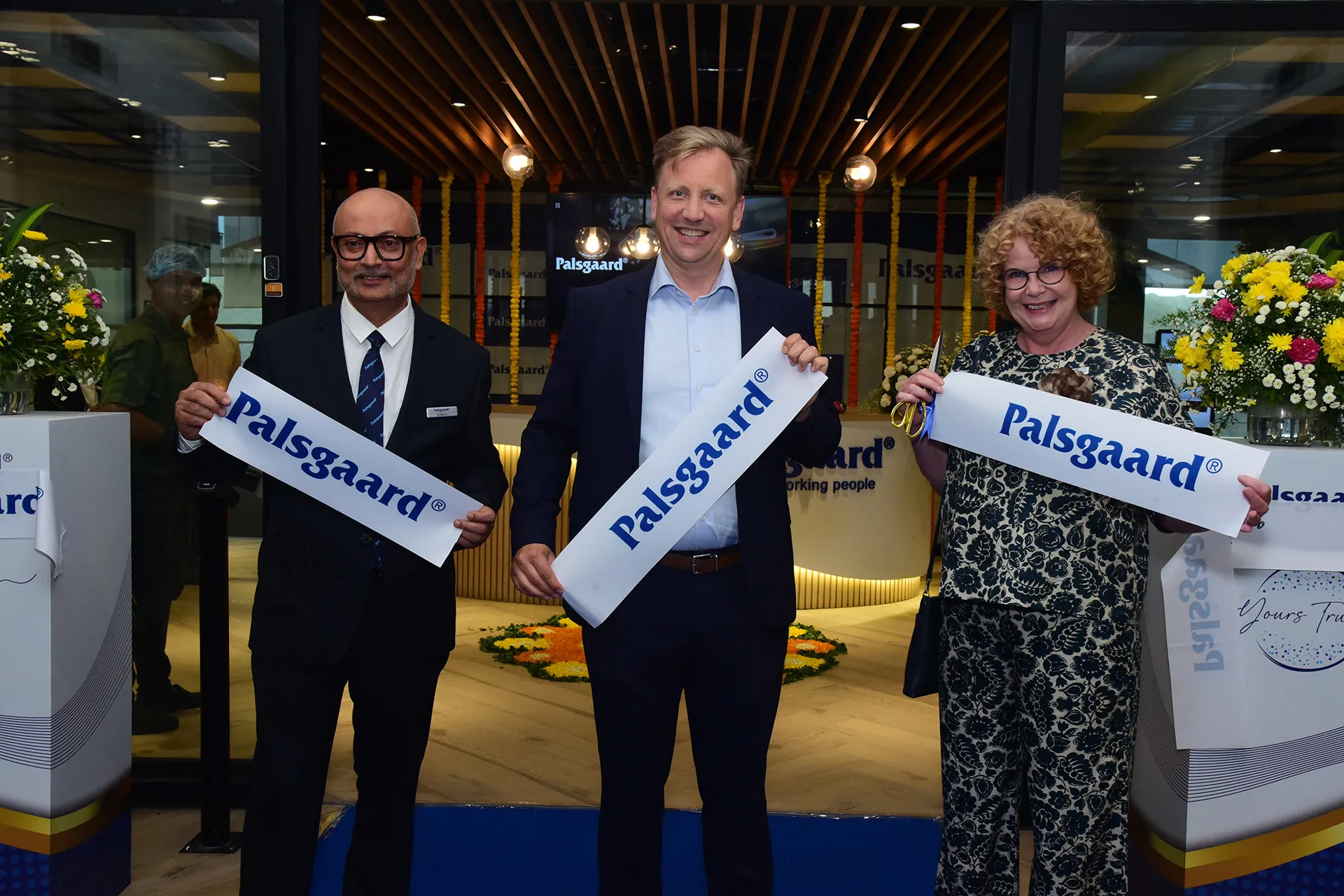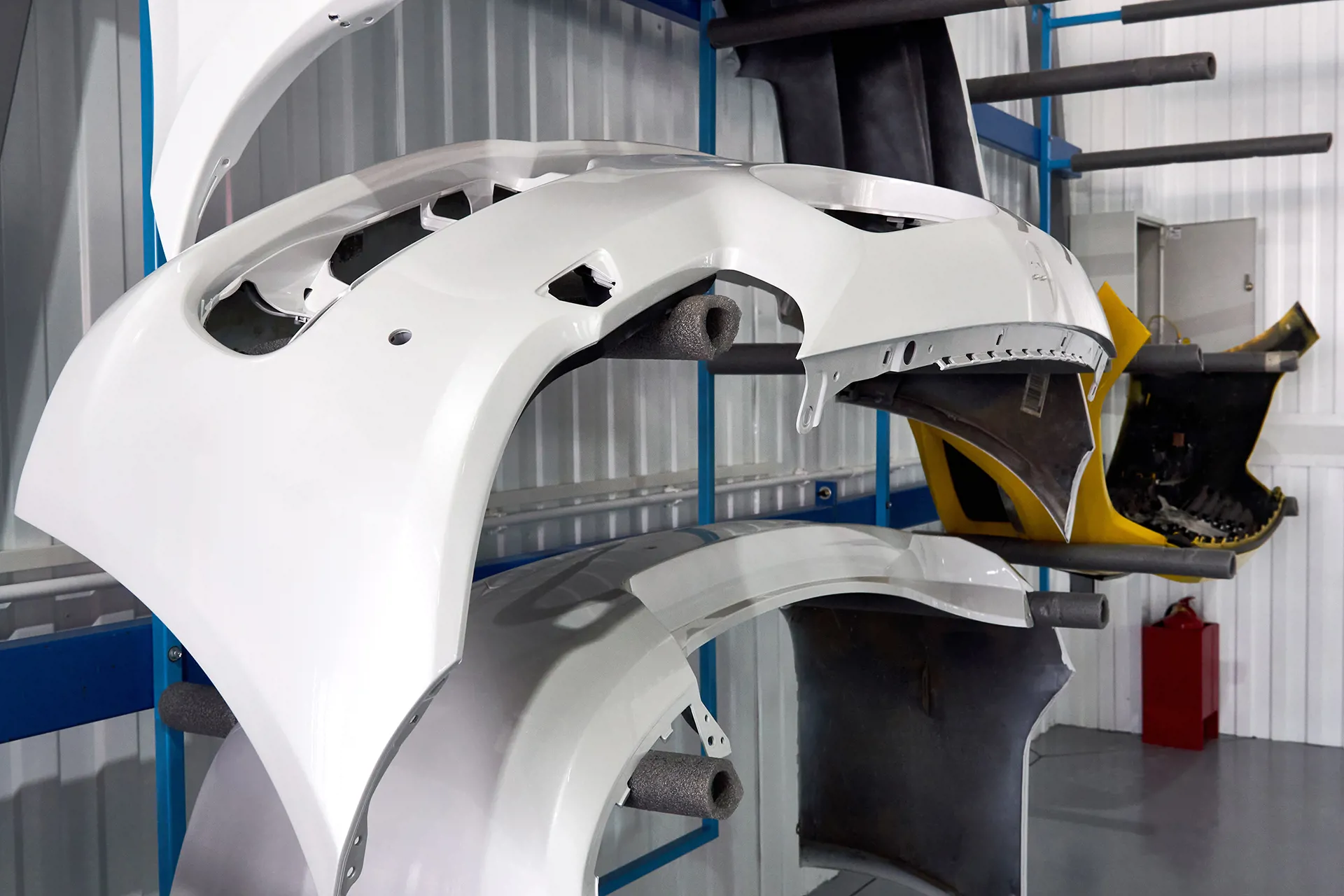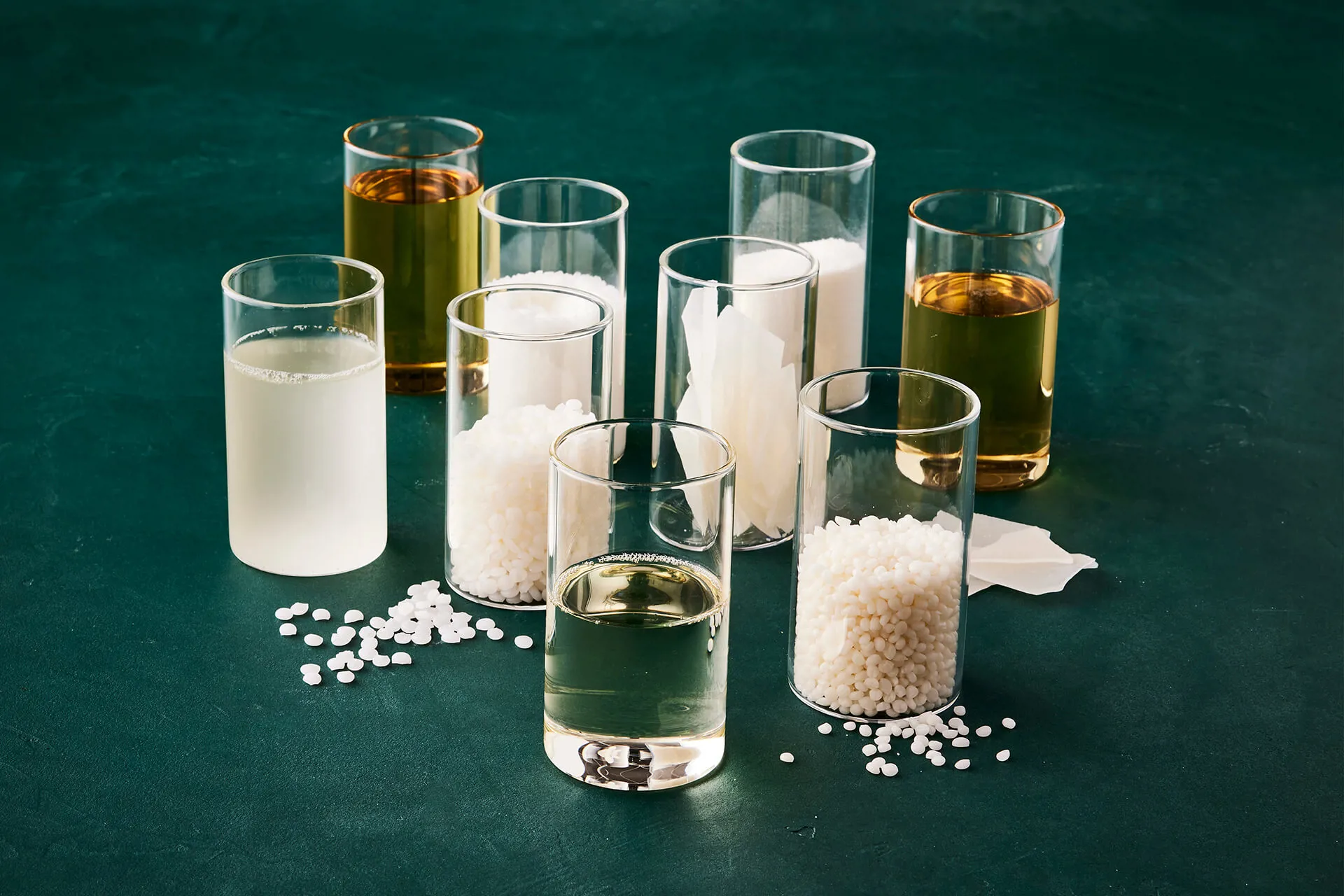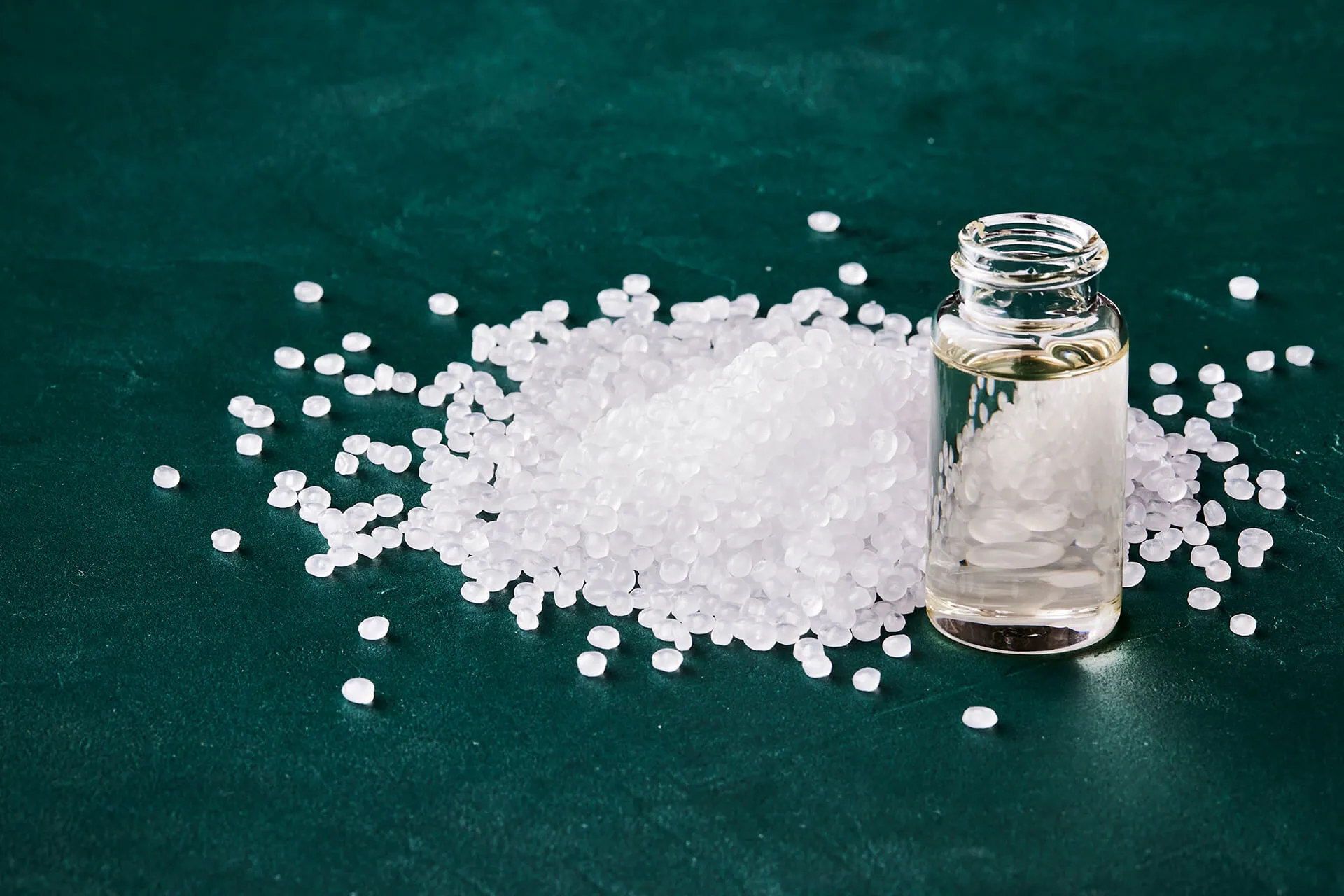
NEWS FROM 2025
11 OCTOBER 2022

Palsgaard, a leader in plant-based additives for the plastics industry, has been working with polymer compounders in Malaysia to run a comparative study and successfully qualify the superior performance of its Einar® 201 mould release agent vs. incumbent additives in polypropylene (PP) formulations for injection moulded automotive applications. The study was actively supported by Palsgaard’s Polymer Application Centre in Denmark to accelerate the time-to-market of various specific automotive PP compounds.
Einar® 201 is a renewable mould release additive-based vegetable oils. As a high-quality glycerol monostearate (GMS) and efficient performer at low, adjustable loading levels, it is available in powder and pellet form and can be incorporated in customized additive masterbatches designed for a wide range of different injection moulding PP compounds, including high-impact grades.
Beyond excellent mould release, the plant-based mould release agent also provides a very good denesting and slip effect for automated downstream stacking and handling of moulded products, while ensuring clean and anti-dust surface aesthetics throughout processing, assembly and final use. Moreover, typical automotive applications moulded in PP with Einar® 201, such as door trims, dashboards and bumpers, benefit from further properties, including high heat resistance and low volatility (low odour).
“Masterbatch manufacturers, polypropylene compounders and processors are increasingly seeking more sustainable additive solutions to help them eliminate regulatory concerns and meet their targets of reducing the Scope 3 carbon footprint of their operations without compromising performance or cost efficiency,” says Ulrik Aunskjaer, Global Business Director for Bio-Specialty Polymer Additives at Palsgaard. “More than just a perfect renewable drop-in replacement for conventional fossil-based products, our Einar® 201 mould release additive is also produced in completely CO2-neutral factories, worldwide, which lends it an overall superior sustainability profile across the entire value chain from production and compounding to processing.”
As Palsgaard’s capacity expansion is proceeding as scheduled, the company continues investing in its own Scope 1 and Scope 2 carbon-neutral production processes.* At the Juelsminde site in Denmark, a state-of-the-art spray tower to go on-stream in 2023 and multiple new reaction, distillation and esterification facilities will be complemented by a biogas and a solar plant, both providing a significant increase in renewable energy supply. The biogas unit will be using wastewater from Palsgaard, is expected to become operational in early 2023 and will cover 10% of the required gas supply on-site. The construction of the solar power plant will begin in spring 2023 on a company ground of 60 acres. The plant will have an annual capacity of 60 GWh, generating sufficient renewable electricity to power all future capacity expansions currently planned at Juelsminde.
*According to the Greenhouse Gas Protocol, Scope 1 refers to direct emissions from production processes, Scope 2 to indirect emissions from energy use, and Scope 3 to all other indirect emissions, such as from material supplies, packaging and transportation.

NEWS FROM 2025

NEWS FROM 2024

NEWS FROM 2022

NEWS FROM 2022

NEWS FROM 2022

NEWS FROM 2022